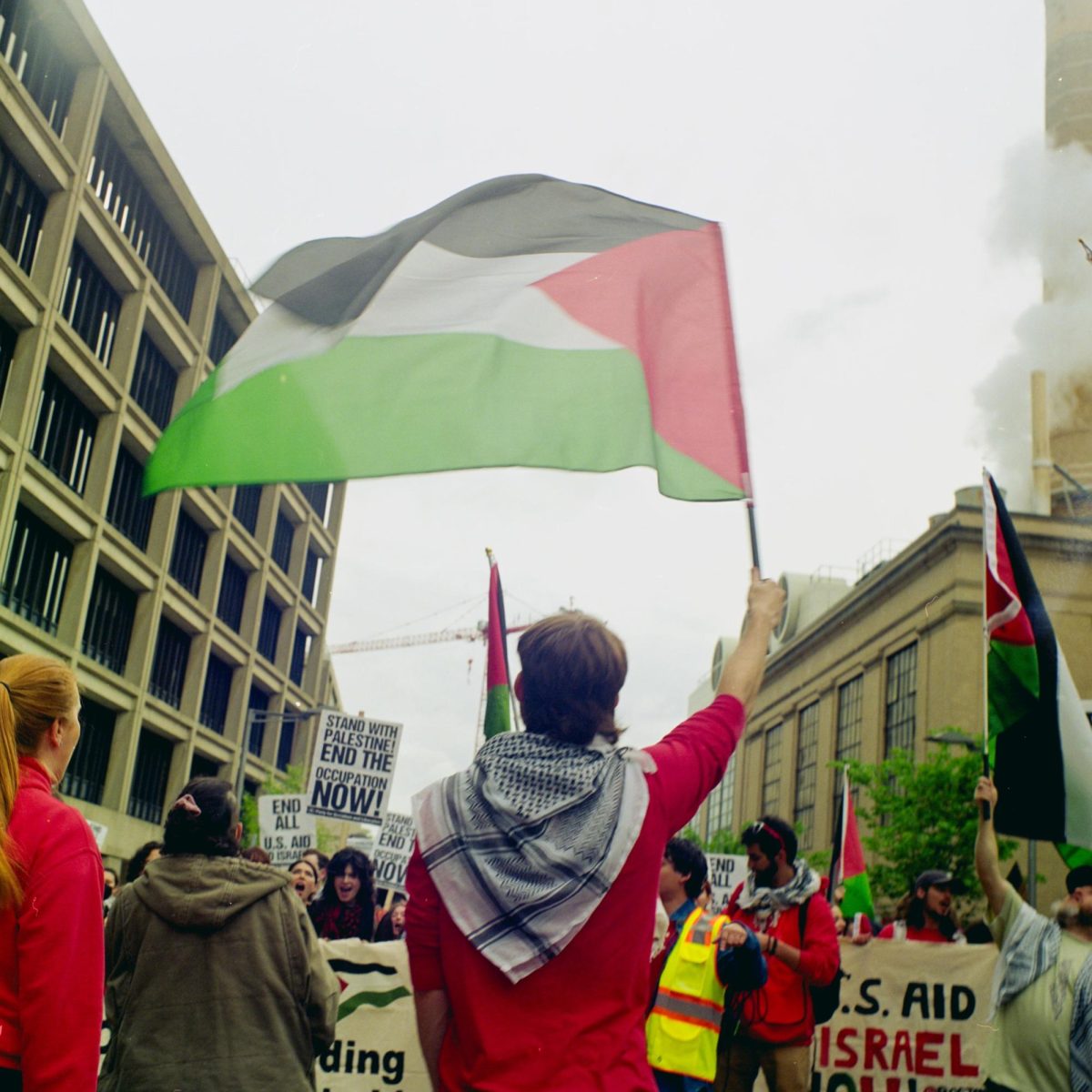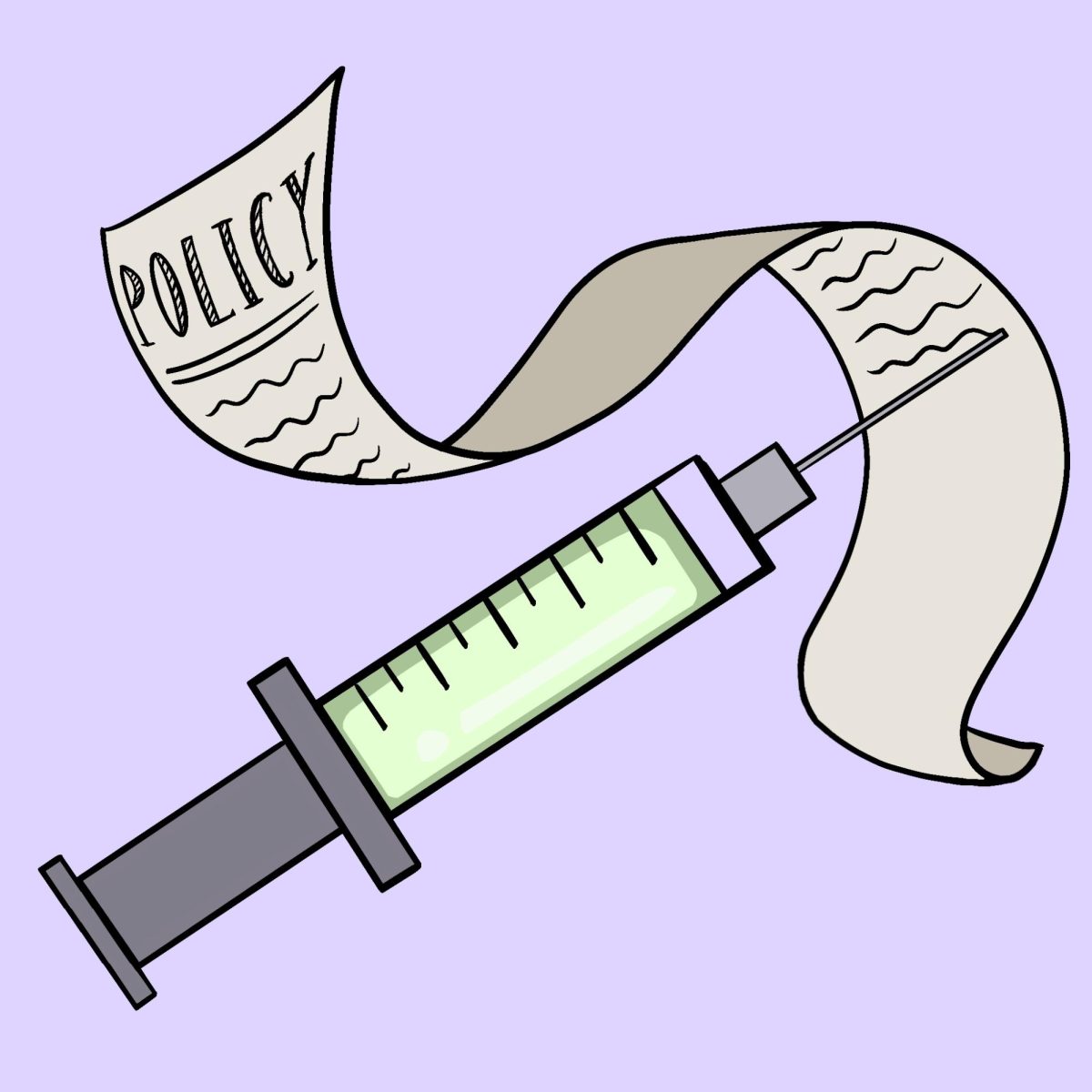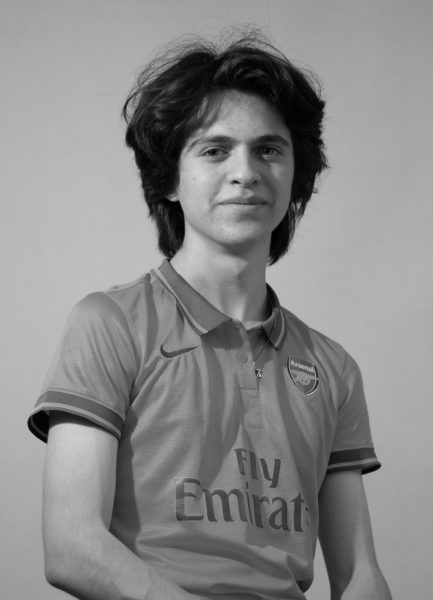If you go to a campus protest in 2024, chances are that someone will hand you a KN95 mask and urge you to wear it.
S. C, an MIT student protesting the university’s threats toward demonstrators occupying its central lawn, held a large Amazon bag of masks and distributed them among the crowd. “There are a lot of reasons for wearing a mask—there’s both a health standpoint and an anonymity standpoint,” she explained to the Register Forum, asking not to give her full name. “By being here, we’re putting our academic record on the line.”
For the past several months, universities from Columbia to UCLA have become hotbeds for students advocating for a ceasefire in Gaza. Photos show clusters of tent encampments and huge crowds—but, often, few faces.
There are several levels of danger avoided by wearing a mask or keffiyeh, students say. One of them is getting a record with their universities. “Here at MIT, they’ve been collecting a list of identities,” S.C. added. Demonstrators at the MIT encampment, even those who left by the administration’s deadline, were required to scan their IDs as they went. Many other universities wield threats of academic suspension or bans from campus.
Other protesters fear a new level of danger: that revealing their identities could lead to online repercussions or doxing. Doxing—publishing private information online without a victim’s consent—is now easier than ever, and has been a critical impediment in campus protests thus far. “There are people with bad intentions that are willing to wound peoples’ lives for standing up for what’s right,” Xavier Mercado, another MIT student, told the RF.
Many students in the Boston area are already intimately familiar with the consequences of doxing. After October 7th, many Harvard students who had signed a statement penned by the Harvard Undergraduate Palestine Solidarity Committee several years earlier were displayed as “Harvard’s Leading Antisemites” and their identities—full names, class years, social media profiles, and photos—were doxed on large electronic billboards and independent sites. In response, numerous students were forced to leave campus or withdraw their names from the statement to protect their safety.
For many, the doxing scandals of last fall still burn hot. “I feel safer hiding my identity after seeing people getting doxed,” Ivy, another MIT student who wore a mask and asked for anonymity, explained to the RF.
However, some students wonder, how far can a movement be separated from its members? “Masking does create more disconnect with the people that you see protesting,” Loulou Daghmouri ‘25, an organizer of last month’s protest, told the RF. MIT student Alejandro Tenor explained that despite already having been doxed online for his actions with pro-ceasefire encampments, he still believes in disclosing his identity. “The more of us there are, the less effective this doxing is,” he said. “They can’t dox all of us.”
So, is the future of protesting anonymous? Demonstrators aren’t sure. “If you look through our social media…our views and thoughts are so accessible,” said Daghmouri. “At some level, is there even a point of me covering my face if my online presence is commenting or supporting?”
Other students place the responsibility for change in the institutions at play. Eman Almarzooqi ‘24 put it this way: “You should not be forced to hide just because you care about a cause.”















